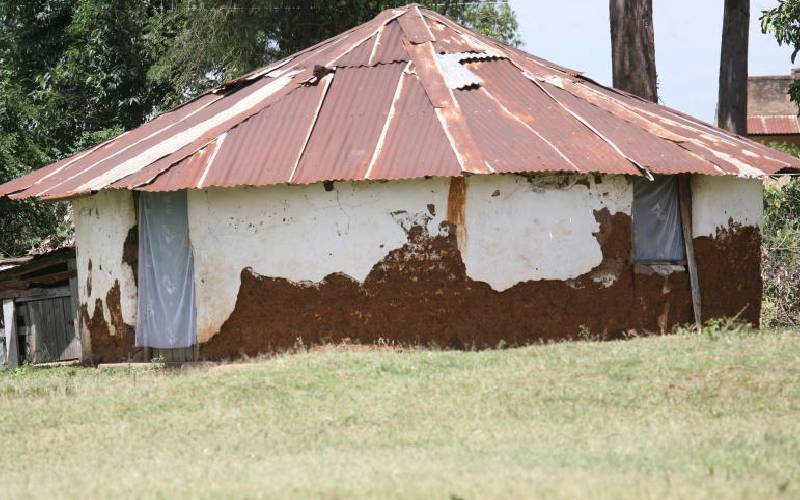×
The Standard e-Paper
Kenya’s Boldest Voice

The face of police Kenya police residence at Sondu police station. [File]
When they started moving out of their official residences to integrate with the public more than a month ago, hopes were high that the state of security in communities would drastically improve.